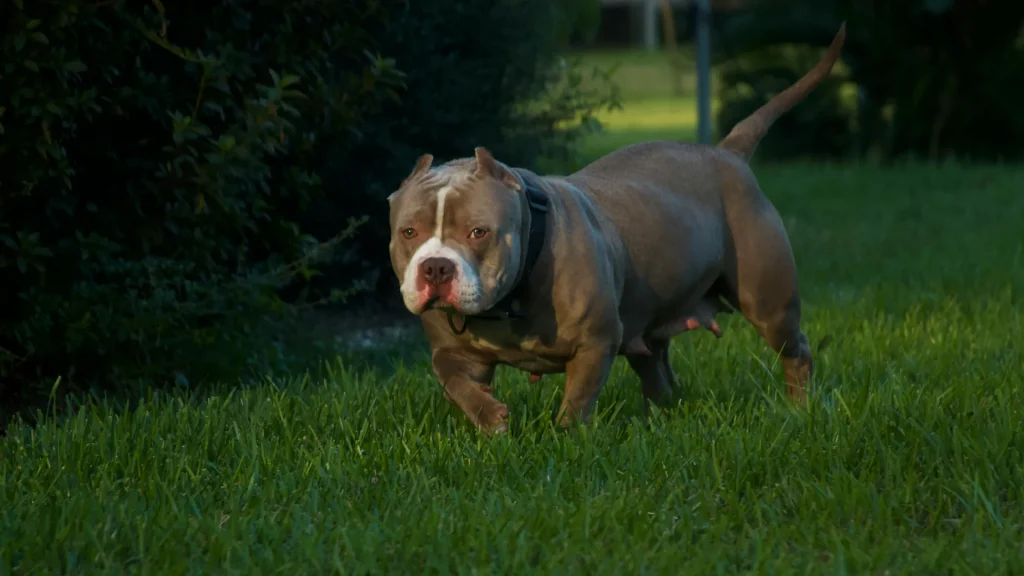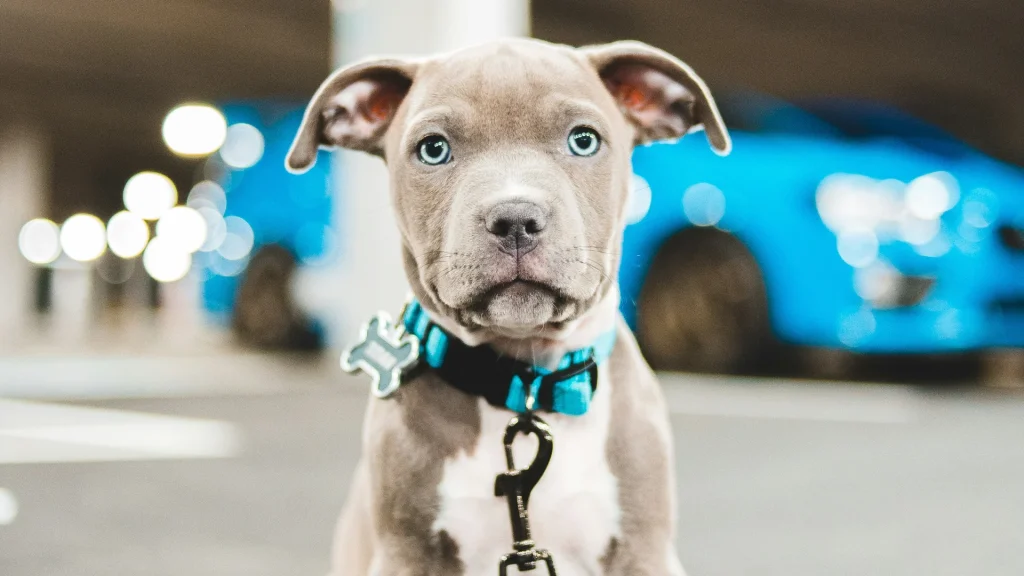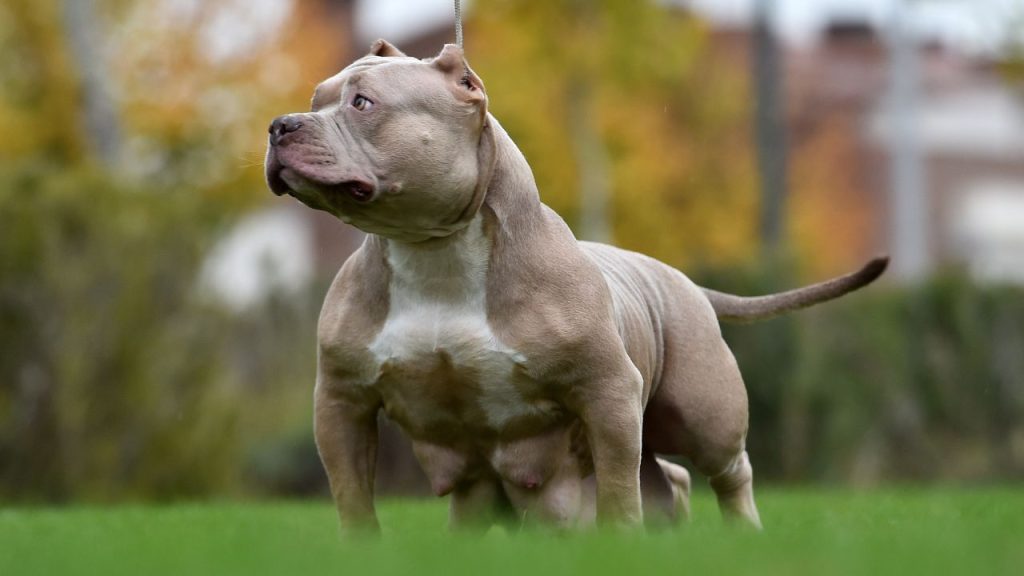Why Socialization Matters
When you picture an American Bully, you might see strength, muscle, and confidence. But what truly sets a well-balanced Bully apart is its temperament. Socialization—the process of introducing your puppy to people, animals, places, and experiences—is the foundation of a calm, trustworthy companion. Done right, it transforms your Bully into a confident family member who can handle the world around them.
Start During the Critical Window
Veterinary experts agree the best time to socialize puppies is between 3 and 14 weeks of age. During this window, your Bully is open to learning what’s normal, safe, and fun. While socialization can and should continue throughout life, these early weeks set the tone for how your dog will approach new experiences in adulthood.
Keep It Positive
Every introduction should be positive. Have treats ready, offer praise, and keep sessions short. If your puppy shows stress—tucked tail, yawning, or trying to hide—don’t force the interaction. Instead, back off and try again another day. Socialization should build trust, not fear.
Expose Them to Variety
The goal is to give your puppy a wide range of safe experiences. By 14 weeks, aim for dozens of different encounters, such as:
– Meeting friendly people of all ages, from children to seniors.
– Hearing loud or unusual noises like vacuums, traffic, or skateboards.
– Walking on different surfaces—grass, gravel, wood floors.
– Safe playdates with healthy, vaccinated dogs.
– Gentle handling of paws, ears, and mouth to prepare for grooming and vet visits.
These exposures teach your Bully that the world is full of interesting, non‑threatening situations.
Balance Health and Socialization
Until your puppy’s vaccinations are complete (around 16 weeks), avoid dog parks or areas where unknown dogs roam. Instead, invite vaccinated dogs to your home or attend a structured puppy class run by professionals. The small risk of disease is far outweighed by the benefits of early socialization, but safety still matters.
Let Your Bully Set the Pace
Each Bully has its own personality. Some will run head‑first into every new experience, while others may hang back. Follow your puppy’s lead, rewarding every calm or curious response. Forcing interactions can create fear; letting them explore on their terms builds confidence.
Make It a Lifelong Habit
Socialization doesn’t stop after puppyhood. Continue introducing your Bully to new sights, sounds, and people throughout life. Regular outings, positive interactions, and refresher training keep your dog adaptable and secure.
Why It Matters for Bullies
Bullies are powerful, intelligent, and affectionate. With proper socialization, they’re gentle family companions who are as comfortable around children as they are jogging by your side. Without it, their strength can become difficult to manage. Early effort ensures your Bully grows into the loyal, steady dog the breed was meant to be.


